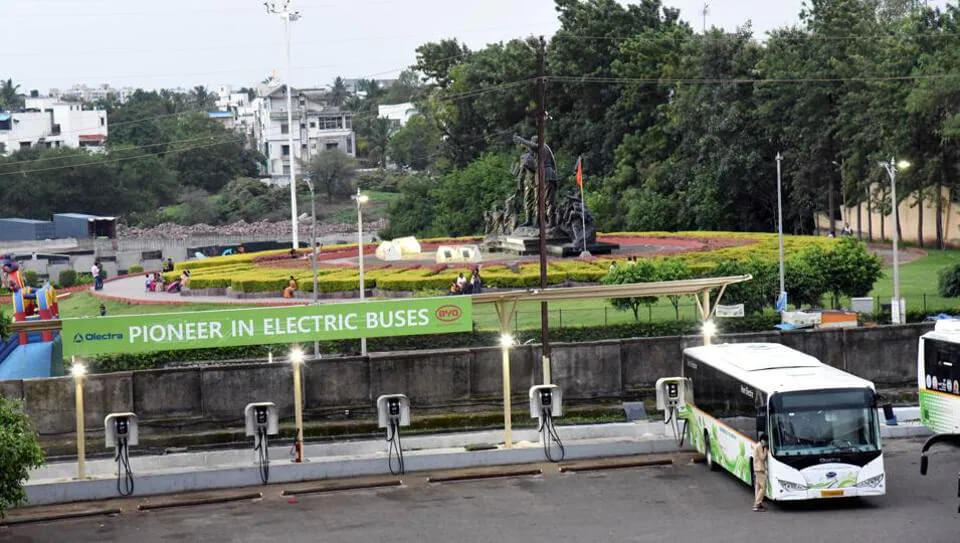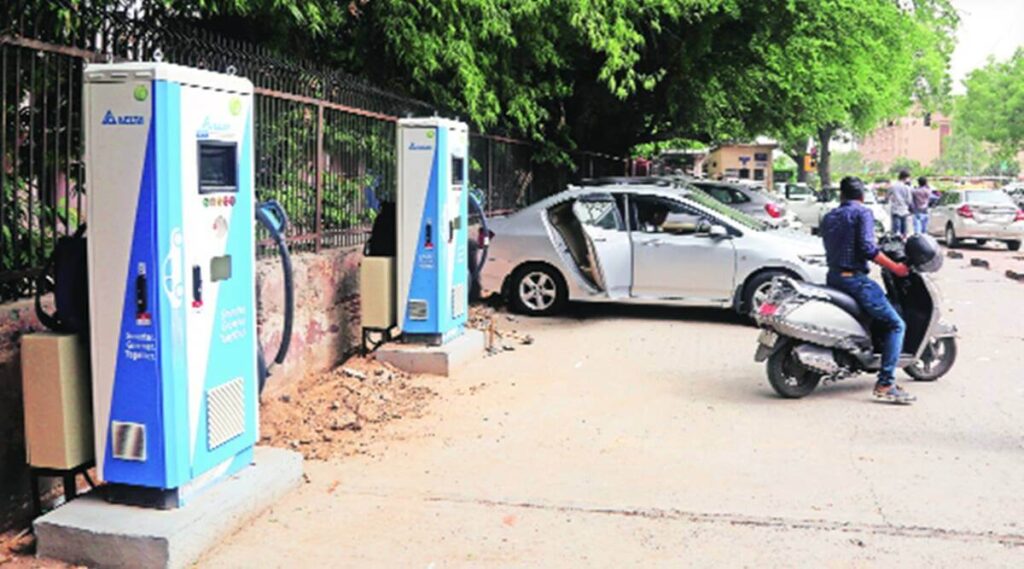
EV Charge Point Management Software helps charging station operators effectively manage and optimize their EV charging stations. With the growing popularity of EVs, it’s crucial to handle charging infrastructure efficiently. This software simplifies operations and offers advanced features, resulting in improved efficiency for charging stations.
How EV Charge Point Management Software Can Help Optimize Performance of Charging Stations?
EV charge point management software is specifically designed to streamline and optimize the performance of charging stations. Here’s how it accomplishes this:
Real-Time Monitoring:
EV charging management software empowers operators with real-time monitoring capabilities. It provides valuable insights into charging station availability, charging speeds, and potential issues that may arise. With this information at their disposal, operators can promptly identify and address any problems, ensuring a smooth and uninterrupted charging experience for EV owners.
For example, if a charging station is experiencing technical issues or is fully occupied, operators can quickly redirect users to alternative stations, reducing frustration and optimizing efficiency.
Load Balancing:
Through sophisticated algorithms, EV charge point management software effectively distributes the charging load across multiple stations. Optimizing the allocation of available power and evenly distributing charging sessions, prevents congestion and minimizes the chances of power outages.
This ensures that each charging session proceeds efficiently without unnecessary delays. For instance, during peak charging periods, the software can intelligently direct users to less crowded stations. Therefore, preventing delays and optimizing charging station efficiency.
Remote Diagnostics and Maintenance:
EV charging management software enables remote diagnostics and maintenance, reducing the need for physical intervention. Operators can remotely identify and resolve technical issues, minimizing downtime and maximizing the uptime of charging stations. This proactive approach enhances the reliability and availability of charging infrastructure, allowing for a more efficient and uninterrupted charging experience.
For example, if a charging station experiences a connectivity issue, operators can remotely diagnose and fix the problem. This would avoid unnecessary downtime and ensure a smooth charging process for EV owners.
Automated Billing and Payments:
Charging management software simplifies the billing and payment process for both charging station operators and EV owners. It automates billing based on factors such as charging time, energy consumed, and tariff rates. This streamlines financial operations, ensuring accurate and transparent transactions.
The software also provides EV owners with a clear overview of their charging history and associated costs. By promoting convenience, transparency, and accuracy, automated billing and payments contribute to customer satisfaction and loyalty.
How EV Charging Management Solutions Streamline the User Experience at a Charge Point?
EV charging management solutions play a vital role in enhancing the user experience at a charge point. Here’s how they achieve this:
Enhancing Station Availability and Reservation:
EV charging management software offers real-time updates on charging station availability. EV owners can effortlessly check nearby stations, reserve charging slots in advance, and receive notifications when their reserved slot is ready. This eliminates the frustration of arriving at fully occupied stations, ensuring a hassle-free charging experience.
User-Friendly Mobile Applications and Interfaces:
Many EV charging management solutions provide intuitive mobile applications and interfaces. These user-friendly mobile applications enable EV owners to easily locate charging stations, access real-time charging data, monitor progress, and receive notifications. Such applications enhance user satisfaction and engagement by delivering a seamless and interactive experience.
Streamlining Charging with Navigation System Integration:
Certain EV charging management software integrates with navigation systems, enabling route planning and charging station recommendations. EV owners can optimize their journey by selecting charging stations along their route, considering factors like distance, charging rate, and availability. This integration simplifies the charging process and ensures a smooth travel experience.
Leveraging Data Analytics and Insights:
EV charging management solutions gather and analyze data related to charging sessions, user behavior, and station performance. This data-driven approach empowers operators to gain valuable insights, optimize charging infrastructure, and identify areas for improvement. By continuously refining the charging experience based on user preferences and behavior patterns, EV charging management solutions foster customer satisfaction and loyalty.
Conclusion
EV charging management software plays a crucial role in optimizing the performance of charging stations and enhancing the user experience for EV owners. By offering real-time monitoring, load balancing, remote diagnostics, automated billing, and intuitive user interfaces, this software streamlines operations and improves overall efficiency.
As the EV market grows, investing in improving the efficiency in Charging Station becomes essential for businesses and operators to meet the increasing demand while delivering a seamless and satisfying charging experience to EV owners.



